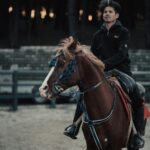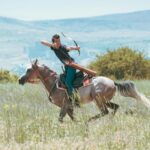In the vast expanse of America’s ranching landscape, one partner stands above all others in reliability, dedication, and sheer determination – the ranch horse. These remarkable equines aren’t just livestock transportation; they’re the beating heart of daily ranch operations across the country. Unlike their show ring or recreational counterparts, ranch horses demonstrate an extraordinary work ethic that has become legendary among horsemen worldwide. Their willingness to work from sunrise to sunset, often in challenging conditions and demanding terrain, showcases a level of dedication rarely seen in other working animals. This remarkable commitment doesn’t happen by accident—it’s the product of careful breeding, specialized training, and centuries of partnership between horses and the men and women who depend on them every day.
The Historical Foundation of Ranch Horse Work Ethic
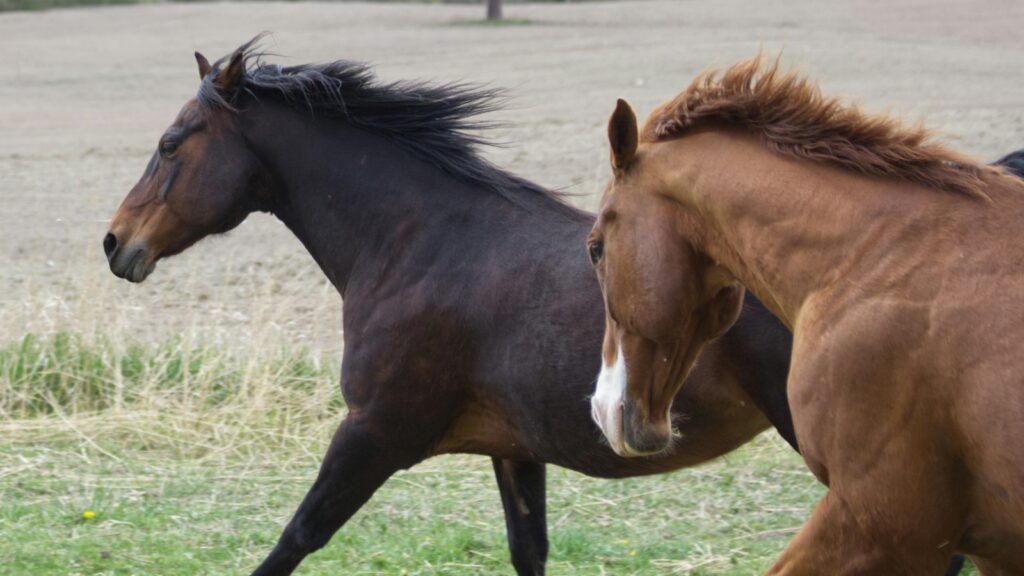
The exceptional work ethic of today’s ranch horses has roots stretching back to the Spanish conquest of the Americas in the 16th century. These early Spanish horses were selected for their hardiness, intelligence, and ability to thrive with minimal human care—traits that would become crucial on the rugged frontiers of the American West. As ranching developed across North America, horses became indispensable partners, evolving alongside the demanding work of managing cattle across vast territories. Native American horse culture further refined these animals, placing high value on horses that demonstrated intelligence, stamina, and reliability. By the time large cattle operations dominated the American landscape in the 19th century, the foundation for today’s working ranch horse had been firmly established through generations of purposeful breeding and selection for animals that could work tirelessly alongside their human partners.
Genetic Predisposition to Hard Work
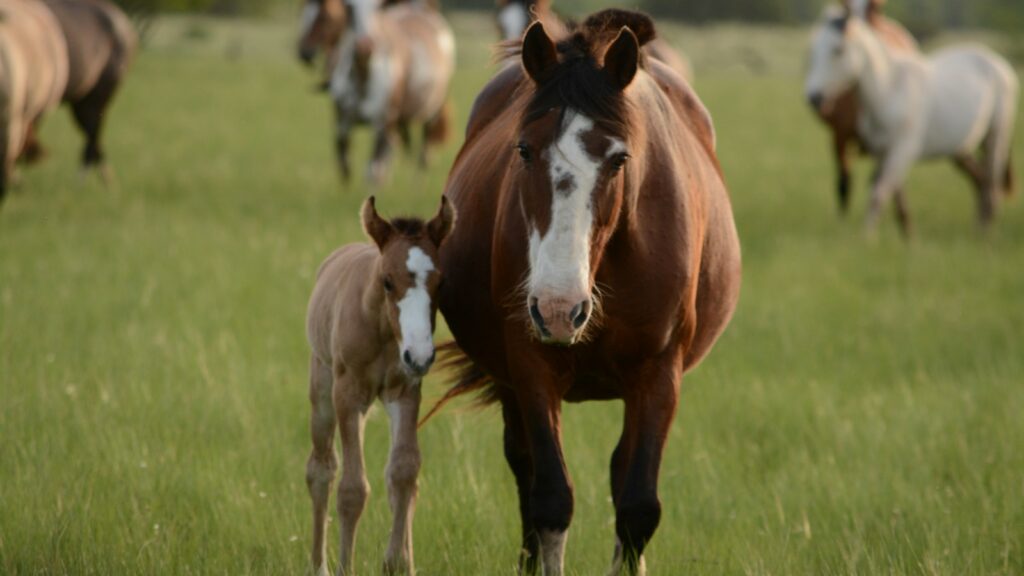
Ranch horses often inherit their remarkable work ethic through careful genetic selection practiced over many generations. Ranchers consistently breed horses that demonstrate superior stamina, intelligence, focus, and a willing attitude—traits that translate directly to exceptional performance in daily ranch work. Quarter Horses, one of the most popular ranch horse breeds, have been specifically developed to possess the quick bursts of speed and agility needed for cattle work, along with the mental disposition to remain focused on tasks for extended periods. Other common ranch breeds like the American Paint Horse and various mustang strains carry genetic markers for hardiness, sure-footedness, and natural “cow sense” that makes them particularly suited for ranch work. Unlike horses bred primarily for appearance or specialized competition, ranch horses are selected first and foremost for functional traits that enable them to work efficiently in challenging environments.
Early Training and Socialization
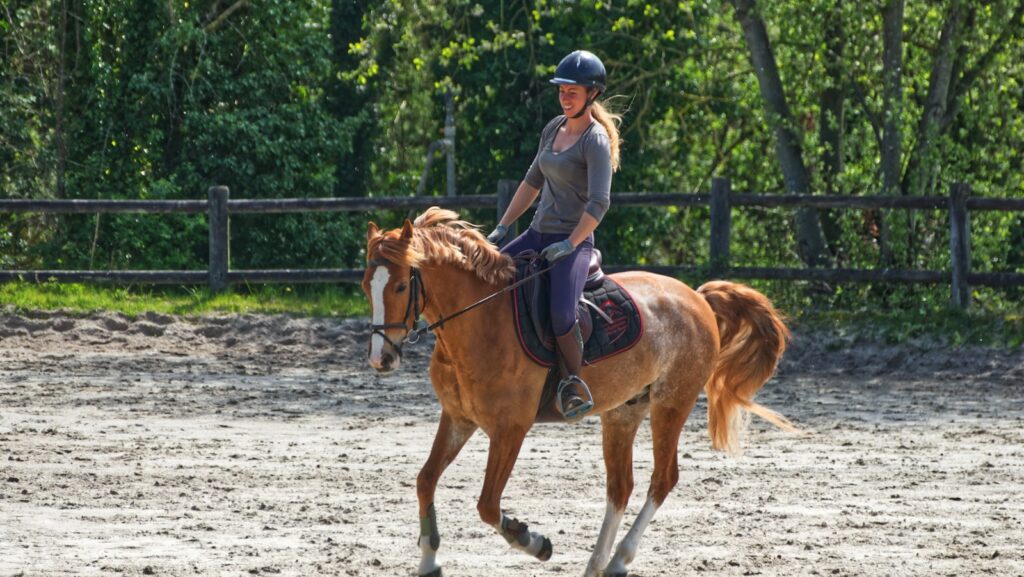
The exceptional work ethic of ranch horses begins with specialized early handling and training that differs significantly from approaches used with recreational horses. From their earliest days, ranch colts are typically exposed to the sights, sounds, and expectations of working life, creating a foundation of confidence and understanding. Many successful ranch horse trainers employ a philosophy of “exposure without pressure,” allowing young horses to observe working activities before being expected to participate. This early socialization includes regular handling, introduction to equipment, and exposure to livestock in non-threatening situations that build confidence rather than fear. By the time formal training begins, usually between two and three years of age, these horses have already developed a framework for understanding human expectations and the working environment, making the transition to active duty more natural and less stressful.
The Role of Trust in Developing Work Ethic
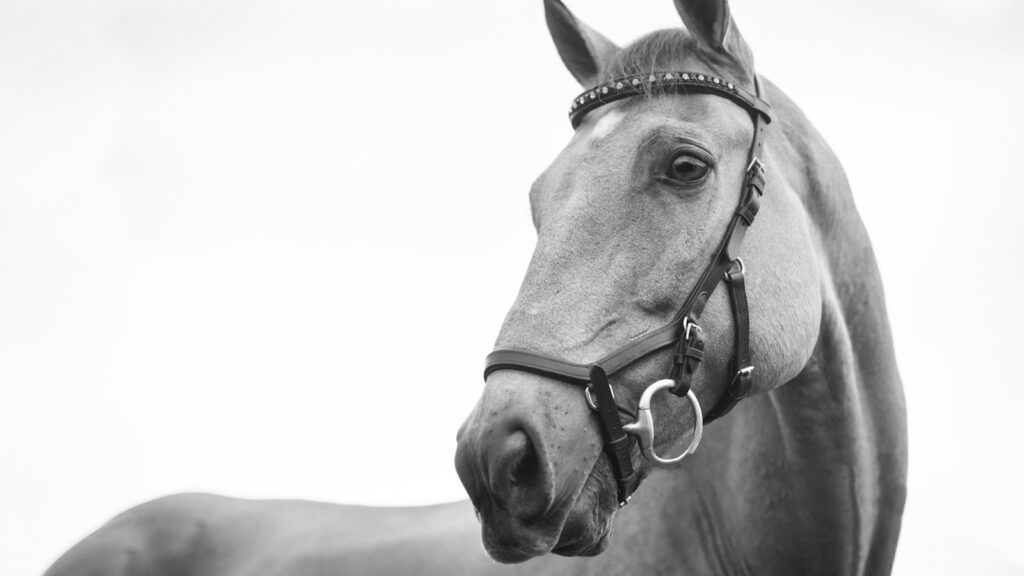
At the heart of a ranch horse’s exceptional work ethic lies a profound bond of trust with their human handlers that transcends simple obedience. This relationship develops through consistent, fair handling and clear communication that helps the horse understand exactly what is expected in each working situation. Ranch horses that perform reliably day after day do so largely because they trust their riders to make reasonable requests and to provide leadership in challenging situations. This trust is earned through thousands of successful interactions where the handler demonstrates competence, consistency, and respect for the horse’s physical and mental limitations. Unlike training systems that rely primarily on dominance or mechanical control, successful ranch horse development emphasizes partnership and mutual respect that motivates the horse to give their best effort willingly. When a ranch horse understands their job and trusts their handler, their natural work ethic flourishes in remarkable ways.
Problem-Solving Abilities

Ranch horses demonstrate an exceptional capacity for independent problem-solving that distinguishes them from horses in many other disciplines. When working cattle in remote areas or navigating challenging terrain, these horses often make critical decisions without explicit direction from their riders. This autonomous thinking develops through experiences where horses are allowed to work through situations with minimal interference, learning that their judgment is valued and trusted. Experienced ranch horses can anticipate the movements of cattle, choose effective paths through difficult terrain, and adjust their approach based on changing conditions without constant micromanagement. This problem-solving ability represents a higher level of cognitive engagement than simple obedience to commands, reflecting a true understanding of the work’s purpose and goals. Ranchers value this quality enormously, as it transforms horses from mere transportation into genuine working partners who actively contribute their intelligence to daily operations.
Stamina and Physical Conditioning
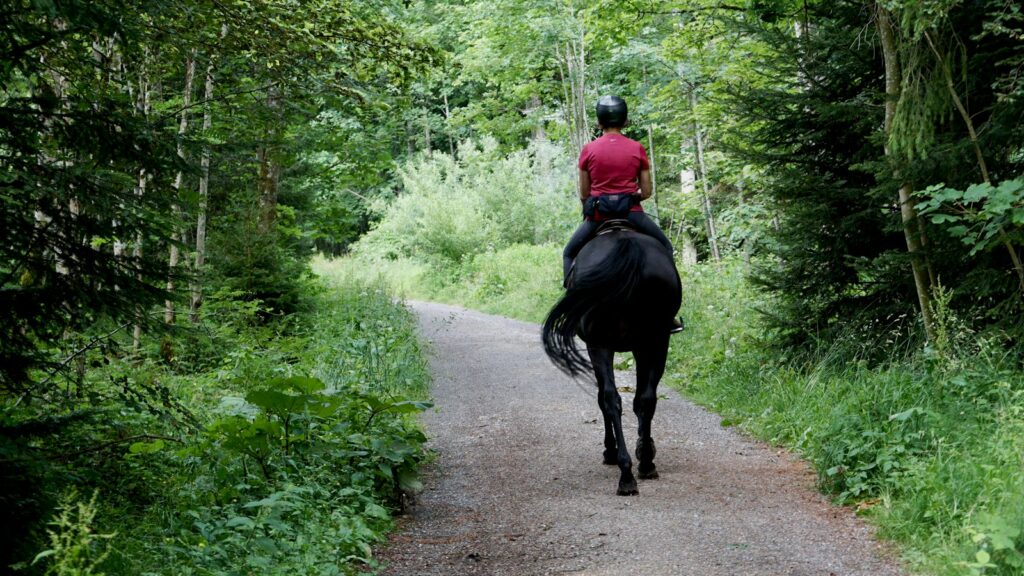
The legendary endurance of ranch horses is built through both natural selection and purposeful conditioning that prepares them for the physical demands of daily work. Unlike show horses or weekend trail mounts, working ranch horses routinely cover 15-25 miles daily across varied terrain while performing physically demanding tasks throughout the day. This level of performance requires exceptional cardiovascular capacity, muscle development, and joint durability that develops gradually through consistent work rather than intensive training programs. Ranch horses typically receive conditioning appropriate to their environment—horses working in mountainous regions naturally develop different muscling and respiratory capacity than those working primarily on flatter terrain. Perhaps most importantly, ranch horses are conditioned to recover quickly between periods of exertion, allowing them to work effectively throughout long days with minimal fatigue. This combination of natural hardiness and appropriate conditioning enables the sustained performance that defines the ranch horse’s reputation for tireless work.
Versatility as a Core Component
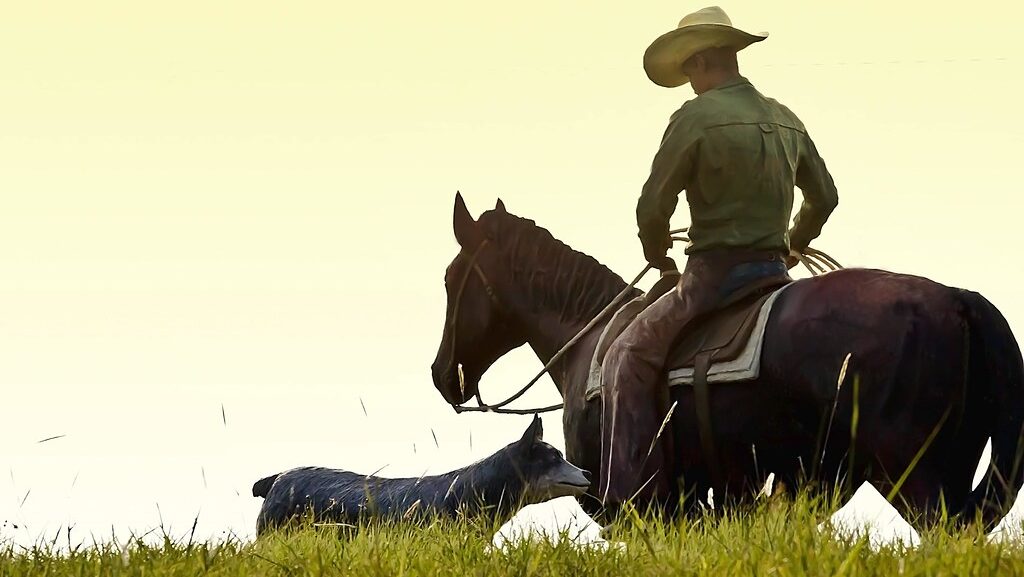
The extraordinary work ethic of ranch horses is intimately connected to their remarkable versatility across diverse tasks and environments. Unlike specialized equine athletes focused on a single discipline, ranch horses must transition seamlessly between roping cattle, working in close quarters in sorting pens, carrying riders through rugged backcountry, pulling obstacles, and remaining calm during veterinary procedures. This versatility requires not just physical adaptability but significant mental flexibility as the horse must understand different expectations in changing contexts. The best ranch horses approach each new task with the same willing attitude, regardless of whether they’re performing familiar work or facing novel challenges. This adaptability reflects both natural intelligence and training that emphasizes understanding concepts rather than merely memorizing specific responses. Ranchers particularly value horses that can “change hats” multiple times during a workday without confusion or resistance—a quality that exemplifies the ranch horse’s comprehensive work ethic.
Weather Resilience and Environmental Adaptability

An often overlooked aspect of the ranch horse’s exceptional work ethic is their remarkable ability to perform effectively regardless of weather conditions or environmental challenges. Unlike many domestic horses that become agitated or unreliable in adverse conditions, quality ranch horses maintain their focus and willingness to work through driving rain, snow, intense heat, or challenging wind. This environmental resilience stems partly from thoughtful breeding selections that favor adaptable animals and partly from management practices that gradually acclimate horses to various conditions. Ranch horses typically live in conditions more similar to their natural state than many stable-kept equines, often spending most of their time outdoors where they develop natural weather adaptations. The psychological component is equally important—ranch horses learn that work continues regardless of environmental conditions, developing the mental fortitude to remain focused on tasks even when conditions are uncomfortable. This unflappable approach to environmental challenges represents a significant aspect of what makes their work ethic so remarkable.
The “Try” Factor in Ranch Horses
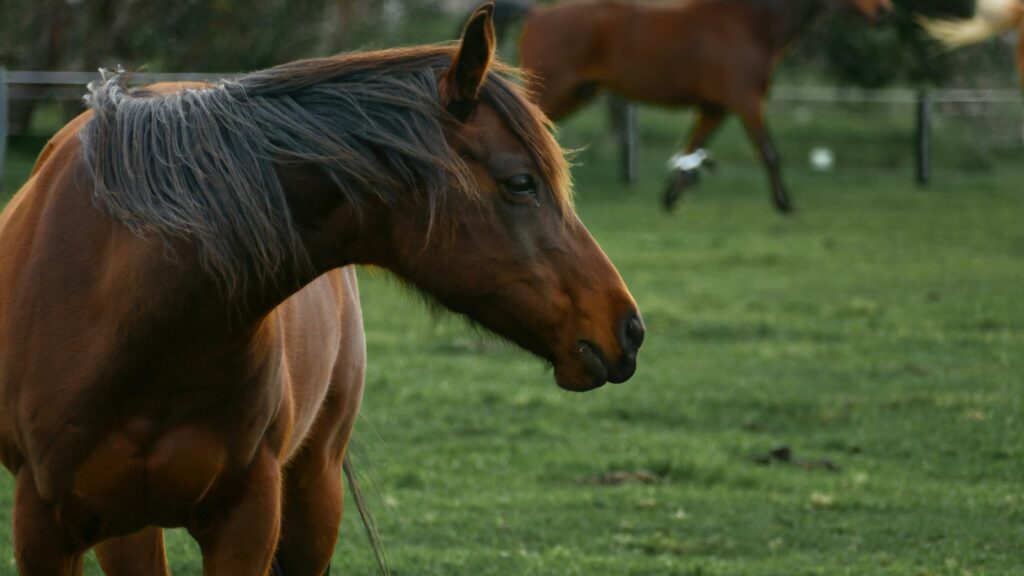
Experienced ranch horse trainers and riders often discuss a quality they simply call “try”—an innate willingness to give maximum effort even when tasks become difficult or tiring. This hard-to-quantify characteristic separates truly exceptional ranch horses from those that merely perform adequately, manifesting as a horse that continues working with the same focus and determination at the end of a long day as they showed at the beginning. The “try” factor appears to have both genetic and developmental components, with certain bloodlines consistently producing horses with this quality and proper handling helping to preserve and enhance it. Horses with exceptional “try” will often work through minor discomfort, find ways to accomplish difficult tasks, and maintain a positive attitude even during challenging circumstances. Unlike forced compliance, this quality represents a genuine internal motivation that can’t be trained into a horse that lacks it fundamentally. Ranchers prize this characteristic above almost all others, recognizing that a horse with tremendous “try” will outperform more physically talented animals that lack this internal drive.
The Economic Value of Work Ethic
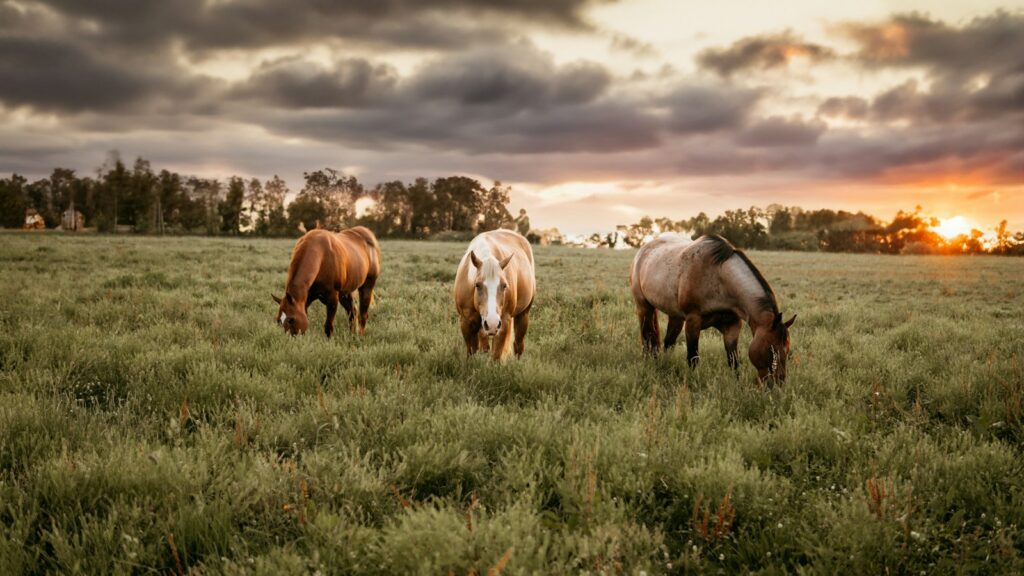
The remarkable work ethic of ranch horses translates directly into significant economic value that makes these animals essential investments rather than mere expenses for working operations. A single skilled ranch horse can perform work that would otherwise require multiple riders or mechanical equipment, particularly in rough country where vehicles cannot operate effectively. These horses typically remain productive for 15-20 years or more, representing thousands of working days over their lifetime at a fraction of the cost of equivalent mechanical solutions. Beyond basic functionality, exceptional ranch horses reduce labor costs by working efficiently with minimal supervision and helping prevent costly problems like cattle injuries or escapes. The economic equation becomes even more favorable considering that many ranch horses maintain or even increase their value as they gain experience and proven reliability, unlike machinery that depreciates continuously. For many ranching operations, particularly those operating on thin profit margins, the extraordinary work ethic of quality horses represents a crucial economic advantage that helps keep traditional ranching viable in the modern era.
How Ranch Life Reinforces Work Ethic
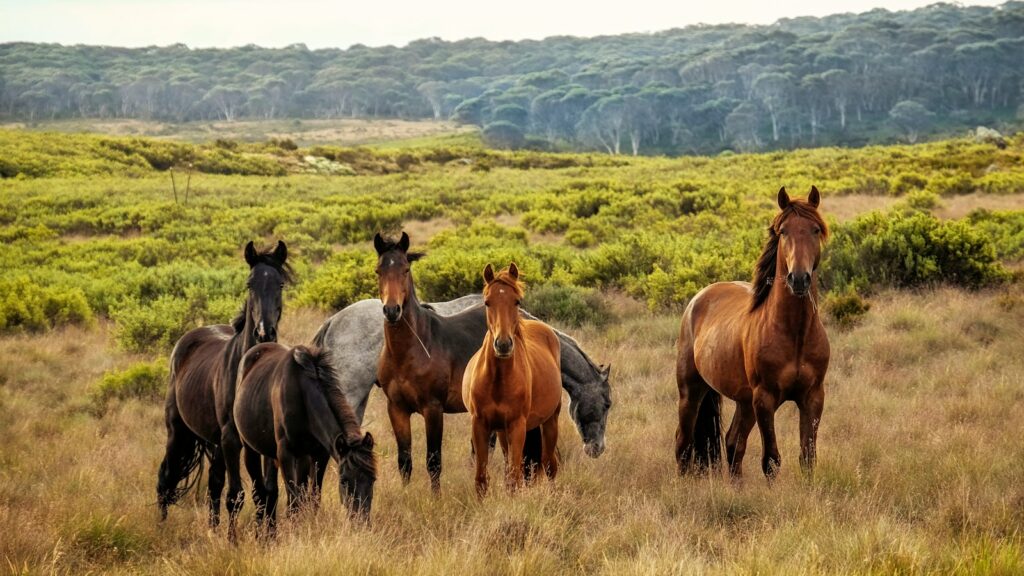
The daily rhythm and structure of ranch life plays a crucial role in developing and maintaining the exceptional work ethic seen in ranch horses. Unlike training environments where work is artificial or isolated from meaningful context, ranch horses operate within a coherent system where their effort has obvious purpose and immediate results. This real-world context provides natural reinforcement that helps horses understand the “why” behind requests, not just the “how” of performing specific movements. Ranch horses typically work alongside experienced equine partners who model appropriate behavior and work patterns, creating a cultural transmission of work ethics from seasoned horses to younger animals. The consistency of ranch work—with similar patterns repeated regularly but with enough variation to maintain engagement—helps establish reliable habits without creating boredom or resistance. Perhaps most importantly, ranch life typically includes appropriate rest periods and care that prevents burnout, allowing horses to maintain their enthusiasm and energy for work throughout their careers.
Preserving and Developing Extraordinary Work Ethic
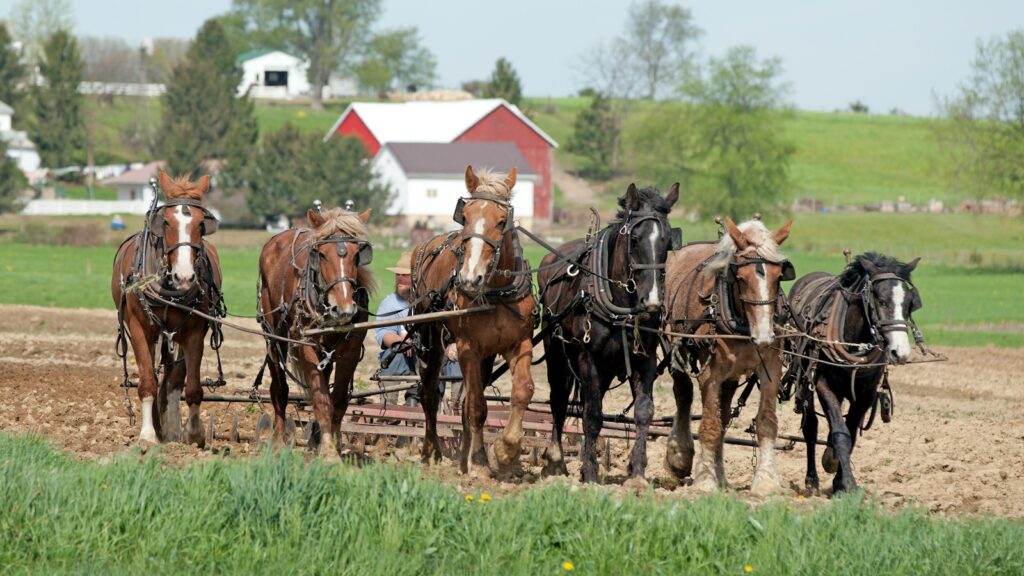
As ranching practices evolve with technological advances and changing economic pressures, deliberate efforts are being made to preserve and develop the extraordinary work ethic that characterizes exceptional ranch horses. Organizations like the American Quarter Horse Association, Ranch Horse Association of America, and various stock horse associations have developed competitions and breeding programs specifically designed to test and showcase working abilities that were once evaluated purely through practical application. These programs emphasize functional traits over appearance and incorporate realistic working scenarios that help identify horses with superior work ethics, mental approach, and problem-solving abilities. Many ranches maintain breeding programs focused specifically on preserving bloodlines known for exceptional work characteristics, even as they adapt to modern ranching methods. Educational efforts through clinics, apprenticeships, and mentoring programs help transmit the specialized knowledge required to develop these horses properly, ensuring that younger generations of horsemen understand how to recognize and nurture the unique qualities that make ranch horses exceptional. These combined efforts help ensure that even as ranching itself evolves, the remarkable work ethic of ranch horses remains an integral part of America’s agricultural heritage.
Learning from Ranch Horse Work Ethic

The exceptional work ethic displayed by ranch horses offers valuable insights that extend beyond the ranching community, providing lessons applicable to horse training across all disciplines and even to human work psychology. The success of ranch horse development demonstrates the power of purpose-driven training where animals understand the “why” behind requested tasks, not just mechanically performing movements. This approach contrasts sharply with training methods that focus exclusively on compliance or technical precision without developing the horse’s understanding of meaningful work. The balanced approach to rest and work seen in successful ranch operations shows how sustainable performance comes not from pushing for maximum effort at all times, but from appropriate cycles of engagement and recovery. Perhaps most significantly, the ranch horse model illustrates how extraordinary performance emerges from the intersection of natural ability, proper development, clear communication, and genuine partnership rather than from forced compliance or external pressure. These principles have inspired numerous modern training approaches that emphasize willing partnership over dominance, helping to advance humane and effective horsemanship worldwide.
The Enduring Work Ethic of American Ranch Horses
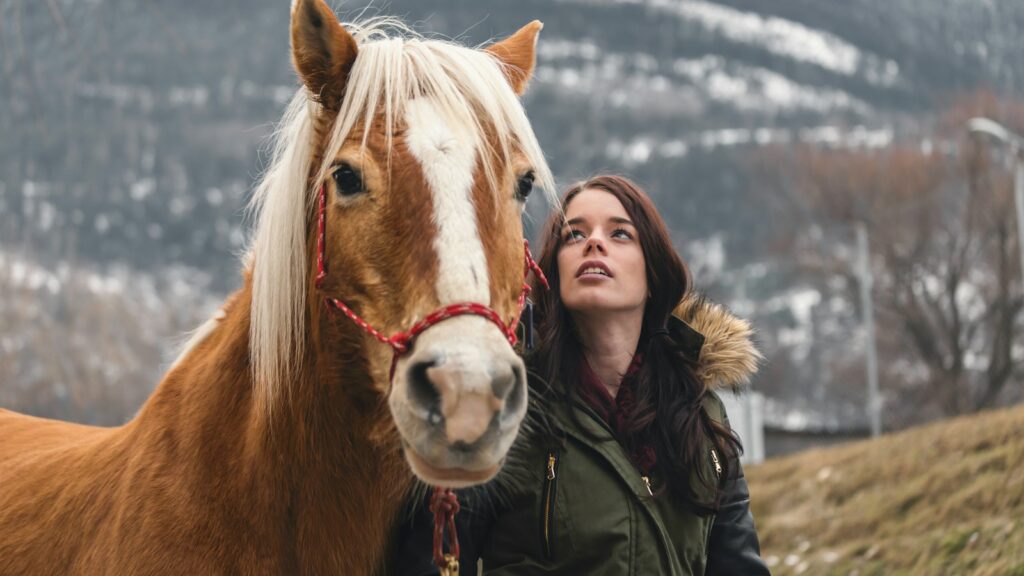
The extraordinary work ethic demonstrated by ranch horses represents one of the most remarkable examples of the human-animal partnership in our modern world. These horses embody a combination of genetic predisposition, specialized development, and genuine engagement with meaningful work that sets them apart from horses in almost any other context. Their willingness to give tremendous effort day after day, often in challenging conditions and without constant reinforcement, speaks to something deeper than simple training or obedience. In many ways, ranch horses represent the fulfillment of the ancient partnership between humans and equines—a relationship built on mutual respect, clear communication, and shared purpose. As ranching continues to evolve in the twenty-first century, these remarkable animals remain living treasures of America’s agricultural heritage, their exceptional work ethic a testament to generations of thoughtful breeding and horsemanship.






